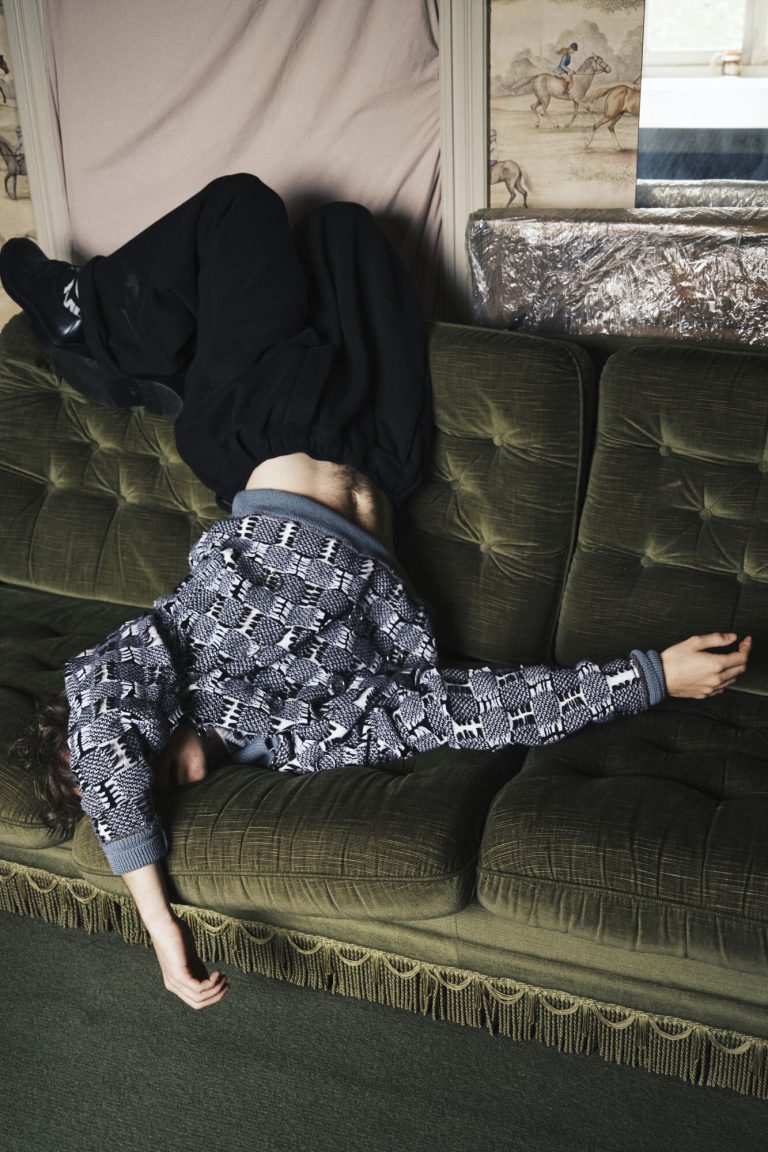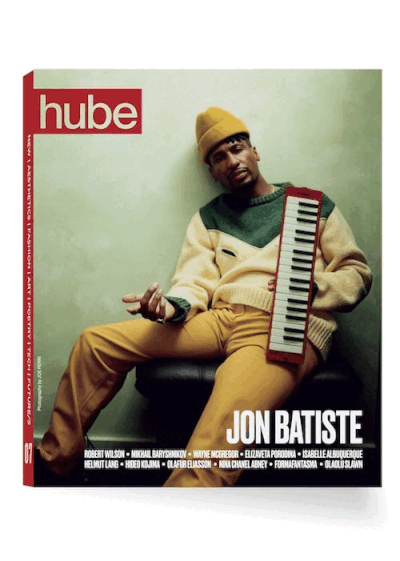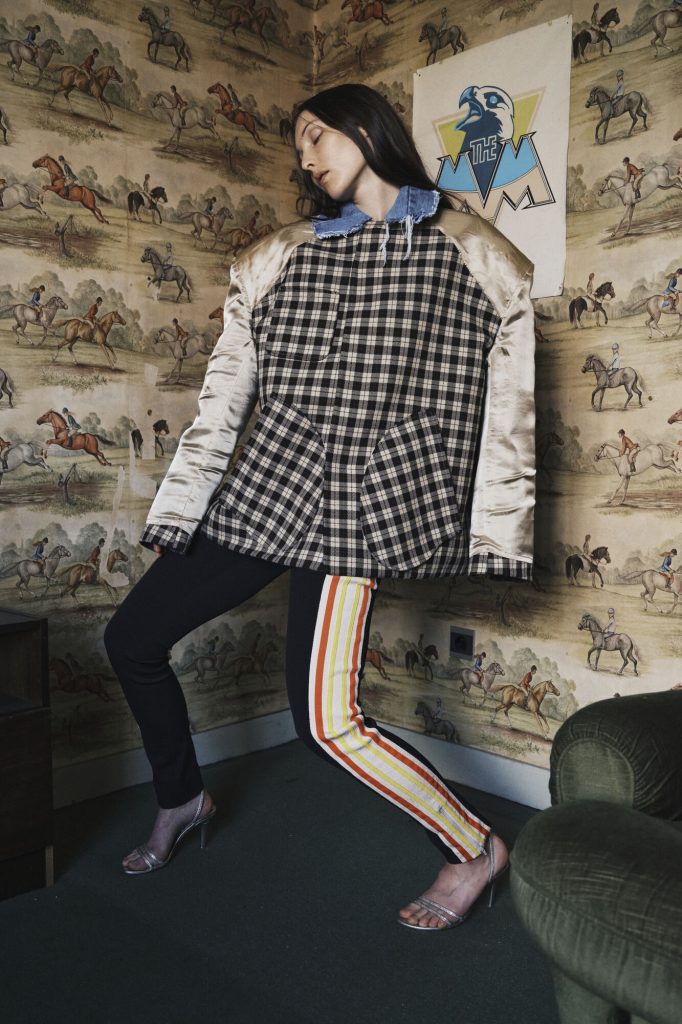
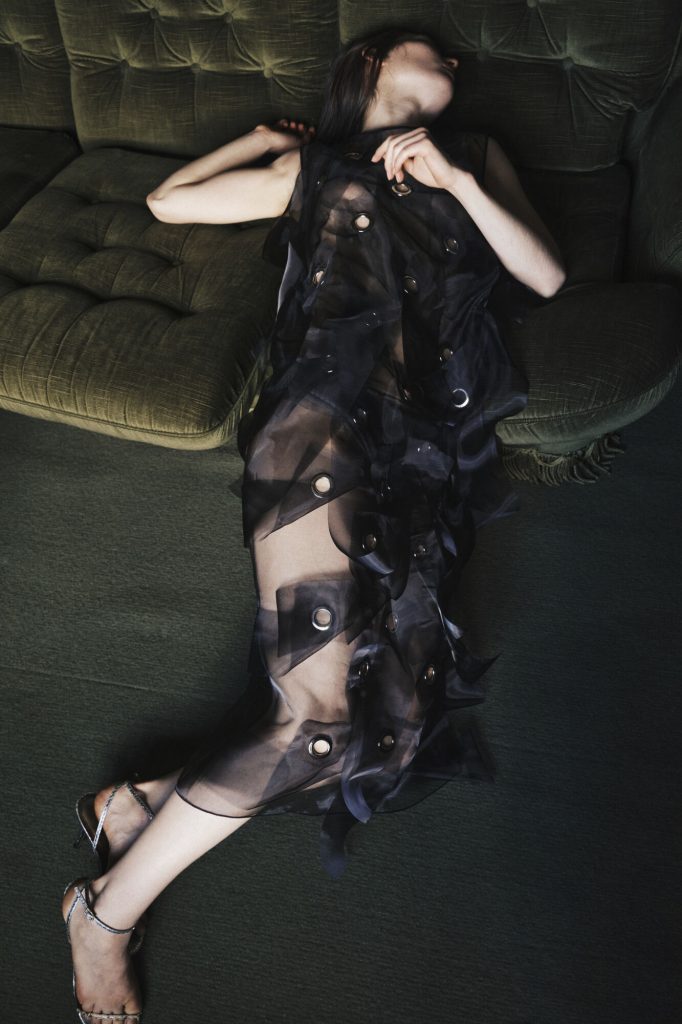
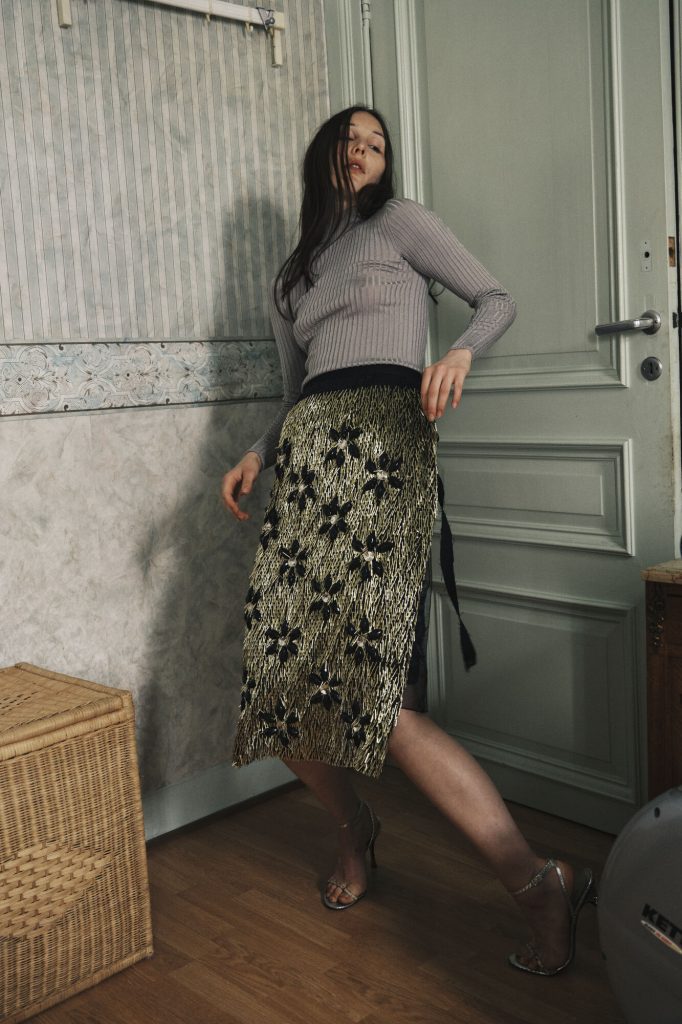
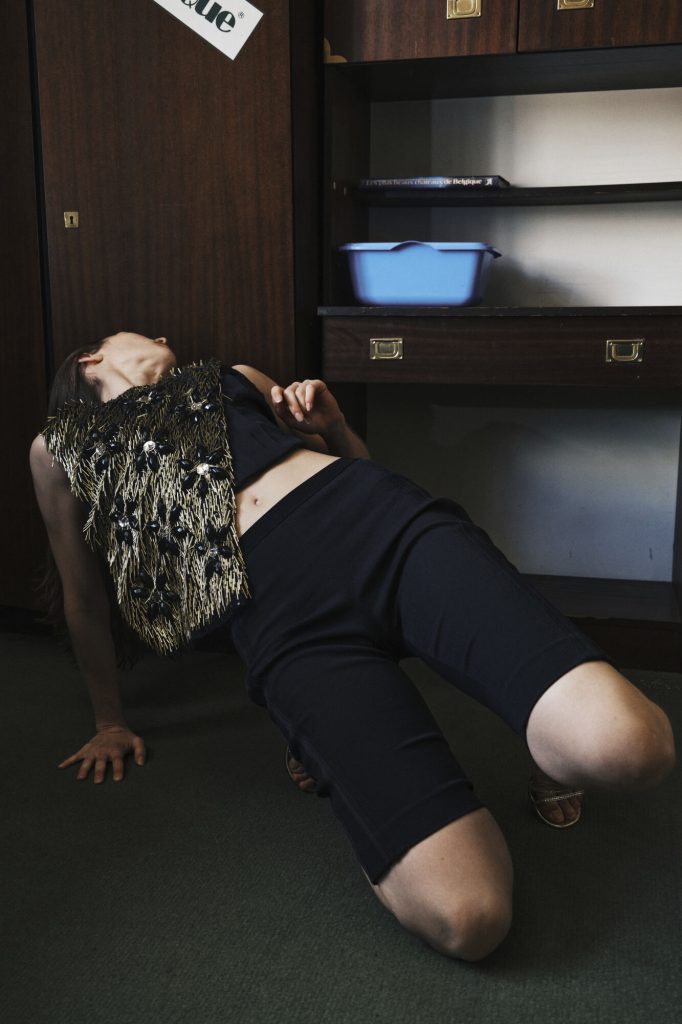
Meryll Rogge, a Ghent-based designer and graduate of Antwerp’s Royal Academy of Fine Arts, has found the sweet spot between critical acclaim and commercial success. A favourite among buyers and fashion journalists alike, Rogge launched her eponymous brand four years ago, mere weeks before the COVID-19 pandemic spread across Europe. Since then, she has operated out of a spacious barn in the countryside. We sat down with the designer to discuss fame, independence, technology, the perils and challenges of the contemporary fashion system, and the contrast between working for a major fashion house and running a smaller brand. With years of experience at Marc Jacobs and Dries Van Noten, Rogge has a unique perspective on both.
hube: Going back to your time at the Royal Academy, do you remember what you expected from the industry back then, and how you saw the role of the designer?
Meryll Rogge: When I was graduating, Loïc Prigent’s documentaries about Marc Jacobs and Louis Vuitton had just come out. They gave me a glimpse of what it was like to work in a large, well-structured fashion house, and I had certain expectations about what lay ahead. One key thing about the Academy in Antwerp is that it’s built around helping you find your voice. The assignments are broad, with few guidelines, giving you the freedom to create whatever you want. While we had classes on fabrics and knitting, the real focus was on finding your creative voice, and you developed the technical skills along the way.
For me, my first job was a dream come true. It was exactly where I wanted to be. I enjoyed the process of building a collection – starting with fabrics, taking time to choose materials. A structured environment, even with its dose of chaos, really worked for me. Working within a team, in the microcosm of a fashion house, was enriching. It was a big contrast from school, but it came at the right time and taught me how to collaborate and delegate.
h: What was surprising for you about NYC?
MR: I moved to New York at 23, before I’d even graduated. I had just finished my BA and still had my MA ahead of me. It was never supposed to be a long-term move, but then I got hired and ended up staying for seven years. It wasn’t one big decision, but more like a gradual process of extending my stay bit by bit. At first, I was running errands around the city and helping out in the studio. I didn’t fully grasp what a huge life change it was. But when I moved there full-time in October 2008, right in the middle of the financial crisis, I saw a whole different side of the world.
As Europeans, we’re already exposed to American culture through movies, music, and media, so I thought I knew what to expect. But living there is a different experience – it’s immersive, rich, and sometimes overwhelming. I discovered so many new things, from food to music. I attended countless concerts and found living abroad incredibly enriching. I’ve always had a fascination with experiencing life in other places, and I still do.
h: It sounds like an adventure.
MR: It really was. I stayed in New York until I turned 30, and those years were incredibly formative. They opened my eyes to the world. In the studio, I worked with people from so many different countries. The Academy was international too, but in Belgium, I still had my old life, my family, and my friends. In New York, it was a fresh start – I had no one. I could reinvent myself and choose how to live my life. It’s such a great experience to have in your 20s.
